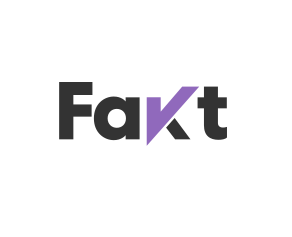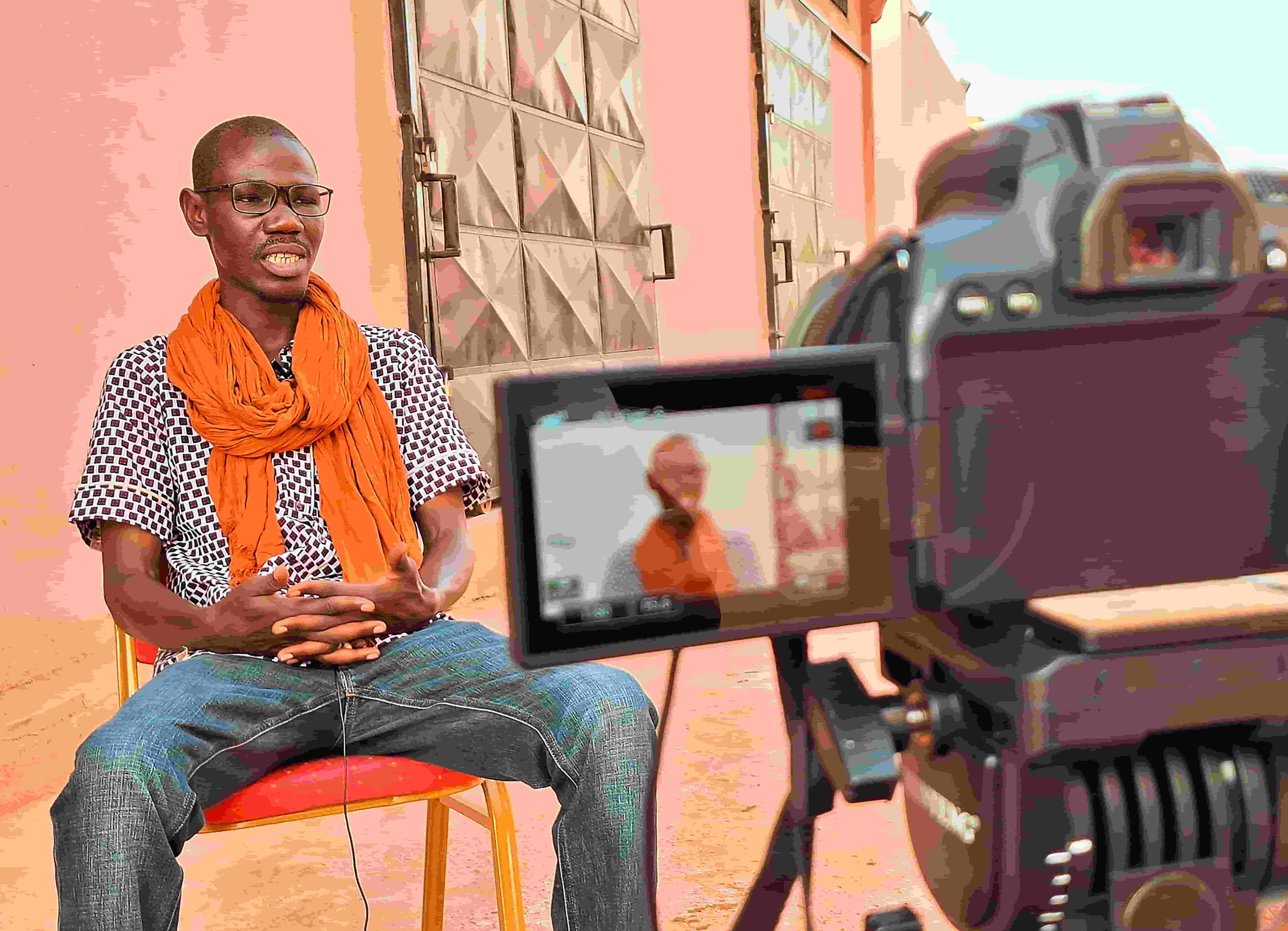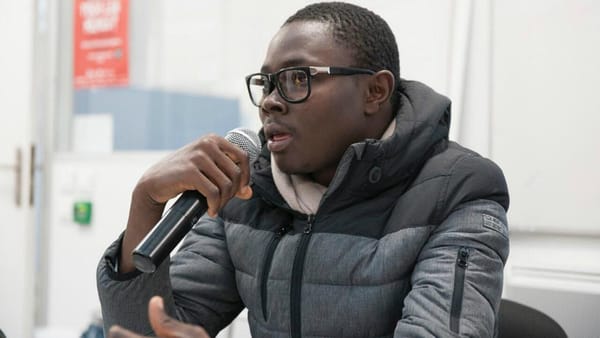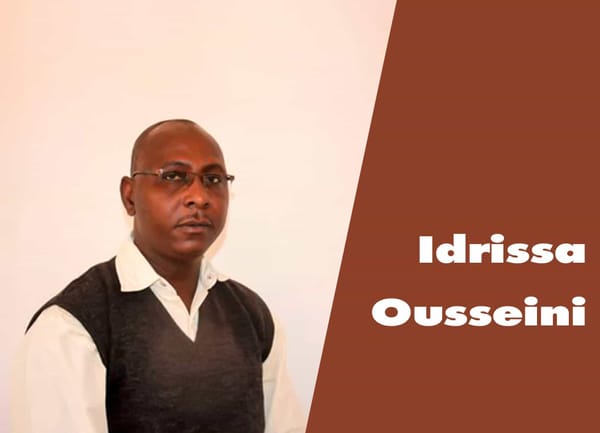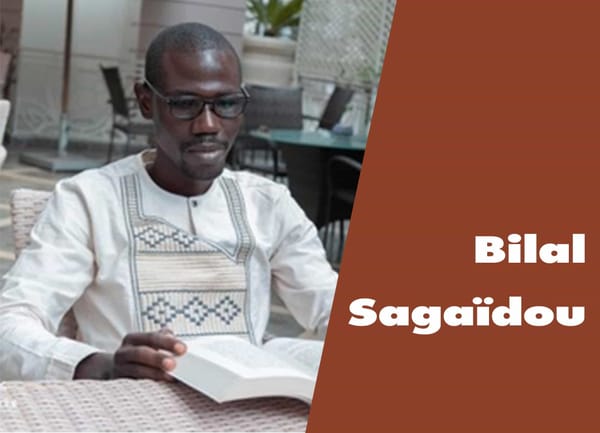L'émergence de la désinformation à travers les réseaux sociaux
« L’expansion des réseaux sociaux et d’internet a énormément contribué à accroître le phénomène de la désinformation et de la mésinformation », constate Sagaïdou Bilal. Dans son analyse, il ajoute que les réseaux sociaux ont également lourdement complexifié l’écosystème de la désinformation au Mali. « Il y a un aspect qui me semble important à prendre en compte : au Mali comme ailleurs en Afrique, l’oralité est encore relativement présente. Et, par conséquent, le téléphone arabe reste d’usage dans la circulation de l’information. Même si une information s’avère correcte, elle risque d’être déformée ou rapportée sous une autre forme que celle initiale. », fait-il remarquer.

Avant de poursuivre : « De nombreuses pages Facebook sont qualifiées de « faux médias » et produisent des contenus notamment audiovisuels. Elles n’hésitent pas à faire la couverture d’événements ou les décrypter en bamanakan, l’une des langues locales les plus parlées, ainsi que les revues de presse en langues locales dans les radios. Chose qui n’est pas mal en soi, mais les contenus restent à désirer pour beaucoup. »
Or, les informations ont forcément un impact sur la population, surtout avec l’émergence des fake-news sur le web. Le journaliste estime pour sa part : « Il y a encore du chemin à faire, d’énormes défis à relever, tant au niveau de l’écosystème médiatique local qu’au niveau de la population. L’espace médiatique est composé de plusieurs acteurs : les blogueurs, les journalistes, les animateurs, les web-activistes, des experts, les influenceurs, ainsi que les autres internautes actifs. Il devient alors de plus en plus difficile de distinguer l’information de l’infirmation, l’information de l’opinion ou du commentaire, l’expertise de l’opinion, l’information de la publicité. Et je crois que l’un des défis majeurs qui se pose à nos médias est de faire davantage de pédagogie en donnant l’information : permettre au plus grand nombre d’avoir les clés nécessaires pour mieux comprendre et cerner l’information donnée, ainsi que ses enjeux en termes de dynamiques sociopolitiques, géopolitiques, et économiques. »
Il insiste également sur l’importance de diffuser ces contenus de qualité (reportages, analyses, débats et enquêtes) pour que « les décideurs et les organisations de la société civile puissent être alertés ou mieux informés sur un sujet d’intérêt général ».
La jeunesse malienne face à la désinformation selon Sagaïdou Bilal
Beaucoup de jeunes maliens n’ont pas conscience de l’ampleur que prend la désinformation sur le web. Ils consomment et croient aux informations qu’ils lisent sans vraiment les analyser en détail et sans prendre le temps de vérifier leur véracité. Un réveil de la jeunesse malienne est cependant en train de s’opérer, bien que peu perceptible encore aujourd’hui : « Certains jeunes en ont conscience et interpellent même des fact-checkers et des journalistes pour vérifier auprès d’eux des informations. D’autres n’en ont pas conscience et sont même capables de remettre en question un travail journalistique remarquable.
Je note que certaines personnes (videomen, journalistes, internautes très suivis…) n’ont aucun intérêt qu’il y ait moins d’infox, qu’on fasse de la sensibilisation et de la lutte contre la désinformation. Ils peuvent même en produire eux-mêmes pour des intérêts personnels. Il faut surtout noter qu’avec la situation sociopolitique et sécuritaire actuelle, le Mali, comme d’autres pays du Sahel, est devenu un terrain de l’ « info-guerre ». C’est-à-dire, la guerre de l’information et d’influence de l’opinion publique, de l’intérieur comme de l’extérieur (transposition des enjeux ou conflits géopolitiques entre des pays occidentaux et la Russie, dans le pays). »
Face à cela, Sagaïdou Bilal propose plusieurs solutions pour répondre à ce manque d’éducation aux médias. Faire prendre conscience à la population du phénomène de désinformation est essentiel pour qu’elle ait les armes pour traiter correctement l’arrivée d’une information. Pour cela, il évoque certains médias vertueux dans la pratique du fact-checking : Benbere, Le Jalon, Mikado FM (la radio de la mission onusienne au Mali, la Minusma) qui sont les pionniers au Mali. « Ces médias en ligne font également de la sensibilisation et de la formation. Aujourd’hui, il y a d’autres initiatives comme chez Studio Tamani (un projet média soutenu par la Fondation Hirondelle au Mali ) et l’Association des Blogueurs du Mali (ABM, différente de Doniblog — La Communauté des Blogueurs du Mali). »
Ce travail de pédagogie prend du temps et la communauté des journalistes et fact-checker doit s’armer de patience et de persévérance pour poursuivre ce travail de sensibilisation. Les grands acteurs médiatiques ont notamment un gros rôle à jouer afin de susciter l’intérêt chez le lecteur pour ces sujets.
Du côté des jeunesses, l’éducation nationale malienne est confrontée à un défi de taille qui « nécessite de l’investissement en équipements et dans le personnel enseignant. Chose qui est loin d’être gagnée d’avance… ». Concernant le rôle de l’État dans la lutte contre ce phénomène, le journaliste de Tama media estime qu’il doit pouvoir « faciliter l’accès aux sources et à l’information aux citoyens et aux hommes des médias ».
Prendre du recul face aux informations
Face à l’actualité, il est indispensable d’être capable de prendre du recul. Pour Bilal Sagaïdou, philosophe de formation, la tâche est assez naturelle. Animé d’un esprit critique élevé, il n’hésite pas faire savoir qu’il « doute pratiquement de tout au sens où l’entendent notamment Socrate dans les dialogues de Platon, et Descartes dans son « Discours de la méthode », le doute cartésien ». Douter de tout est sans doute la clé pour appréhender l’actualité et pouvoir vérifier une information.
Il est d’ailleurs difficile de faire des généralités quant aux types de fausses informations qui reviennent de façon récurrente, comme le précise Sagaïdou Bilal : « Les audios sont très souvent diffusés ou partagés sur le réseau social WhatsApp. Mais quand il s’agit de les authentifier, ils restent très difficiles à vérifier, y compris pour les fact-checkers. Il y a également les textes, les publications sur les réseaux sociaux et dans les médias, les communiqués officiels ou attribués, ainsi que les déclarations officielles ou faussement attribuées. Il y a aussi de plus en plus de détournement des médias et du deepfake. Mais ce qui revient très souvent dans nos discussions entre pratiquants du fact-checking, est que nous évitons de parler de certains sujets ou on évite de les traiter par mesure de sécurité ou de prudence. »
La complexité du traitement de l’information et de sa véracité représente un défi inédit pour la communauté des fact-checkers mais également pour l’ensemble de la population malienne de plus en plus exposée à la désinformation. La jeunesse, en première ligne face à ce phénomène, porte une responsabilité de taille.
Si vous avez manqué la deuxième partie de l’interview de Bilal Sagaïdou, vous pouvez la retrouver juste ici : « rencontre avec Bilal Sagaïdou : apprenez-en plus sur les métiers du fact-checking. »

